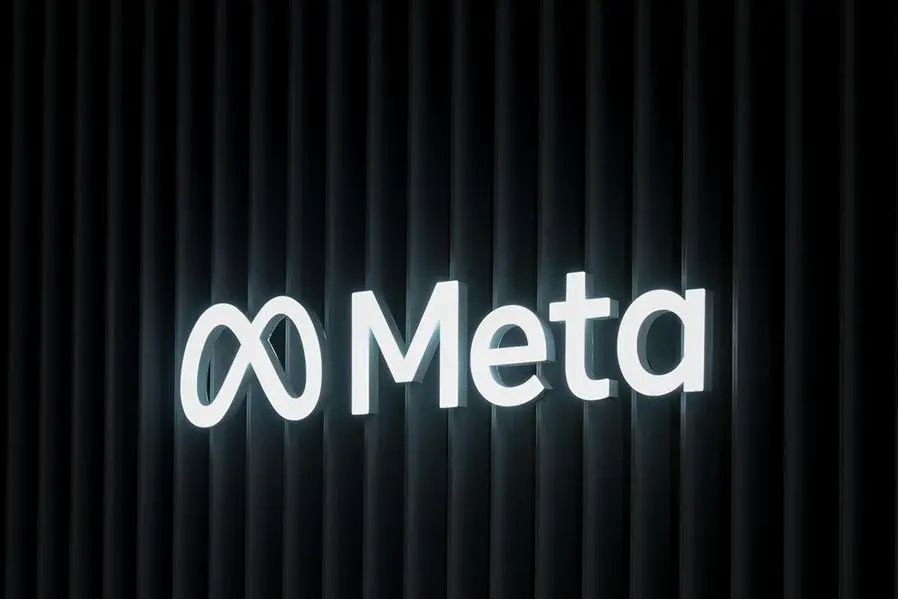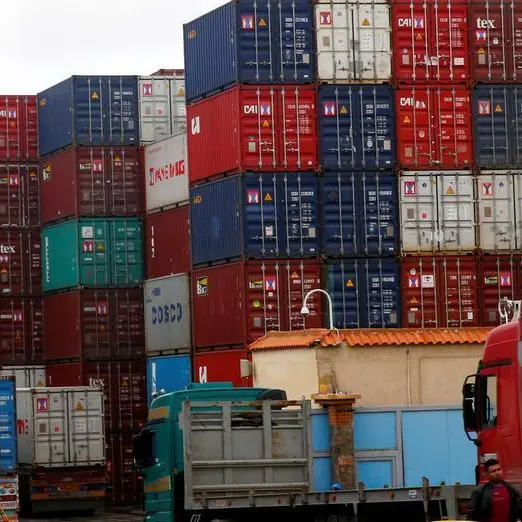PHOTO
Social media giant Meta announced Monday a worldwide anti-scam awareness campaign aimed at protecting users from fraudulent schemes during the holiday shopping season.
The company, which owns Facebook, WhatsApp, and Instagram, revealed it has taken down over two million accounts linked to scam centers in Cambodia, Myanmar, Laos, the UAE, and the Philippines this year.
In another example, the company said its enforcement efforts have removed 15,000 phishing URLs in Vietnam and 9,000 in Singapore this year.
Working with cybersecurity firm Graphika, Meta identified three major scam campaigns targeting holiday shoppers: fake Christmas gift box promotions, fraudulent holiday decoration sales, and counterfeit retail coupons.
Working in several languages, scammers are using sophisticated tactics, including AI-generated voiceovers and fake customer testimonials to lure victims, the company added.
"Scammers constantly evolve their tactics to evade detection and rarely target one single platform," Meta said in its announcement.
This ensures that "any one company can only see a small piece of these scam campaigns," it added.
The company has partnered with Rachel Tobac, a prominent internet safety expert and ethical hacker, to educate users about online threats.
Meta has also expanded its Fraud Intelligence Reciprocal Exchange (FIRE) program, originally launched in the UK and Australia, to include banks worldwide.
The initiative facilitates information sharing about potential scam activities between financial institutions and Meta's platforms.





















